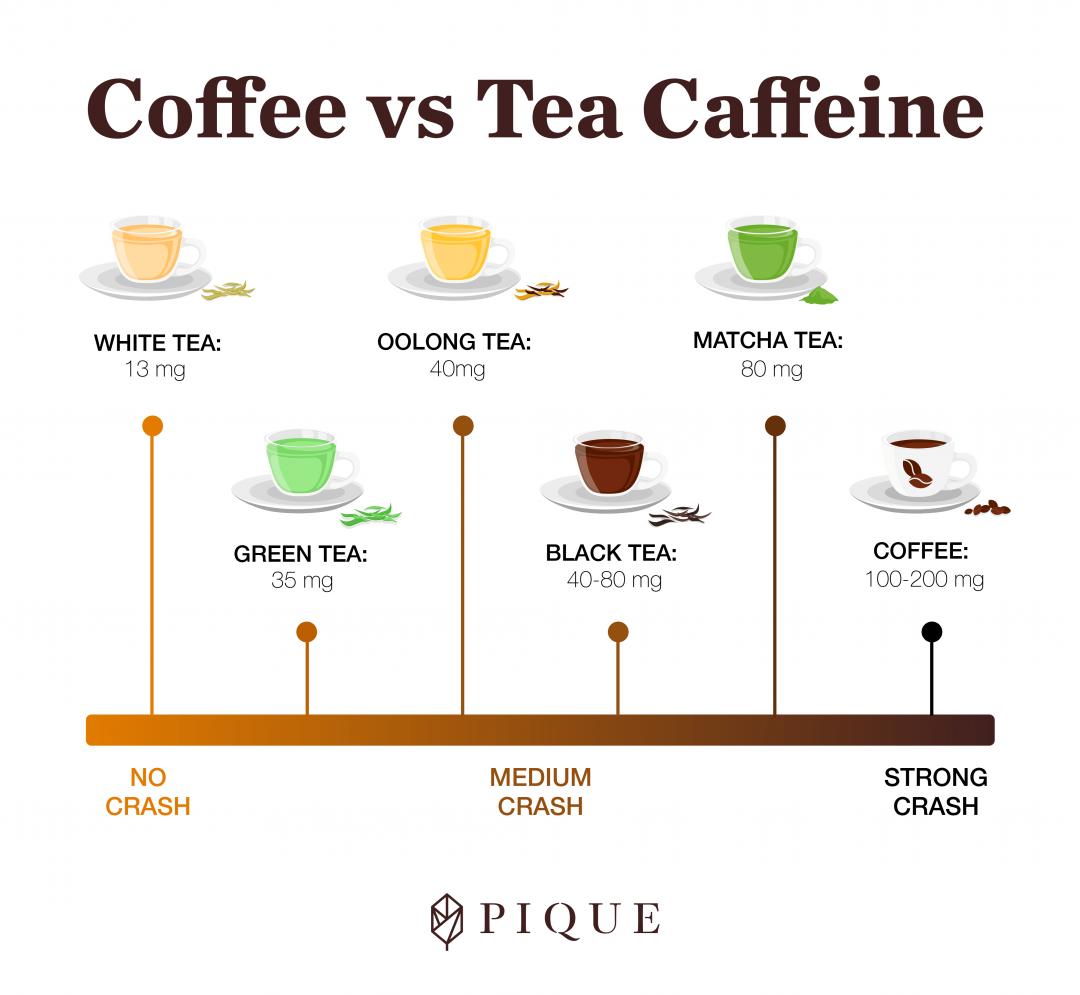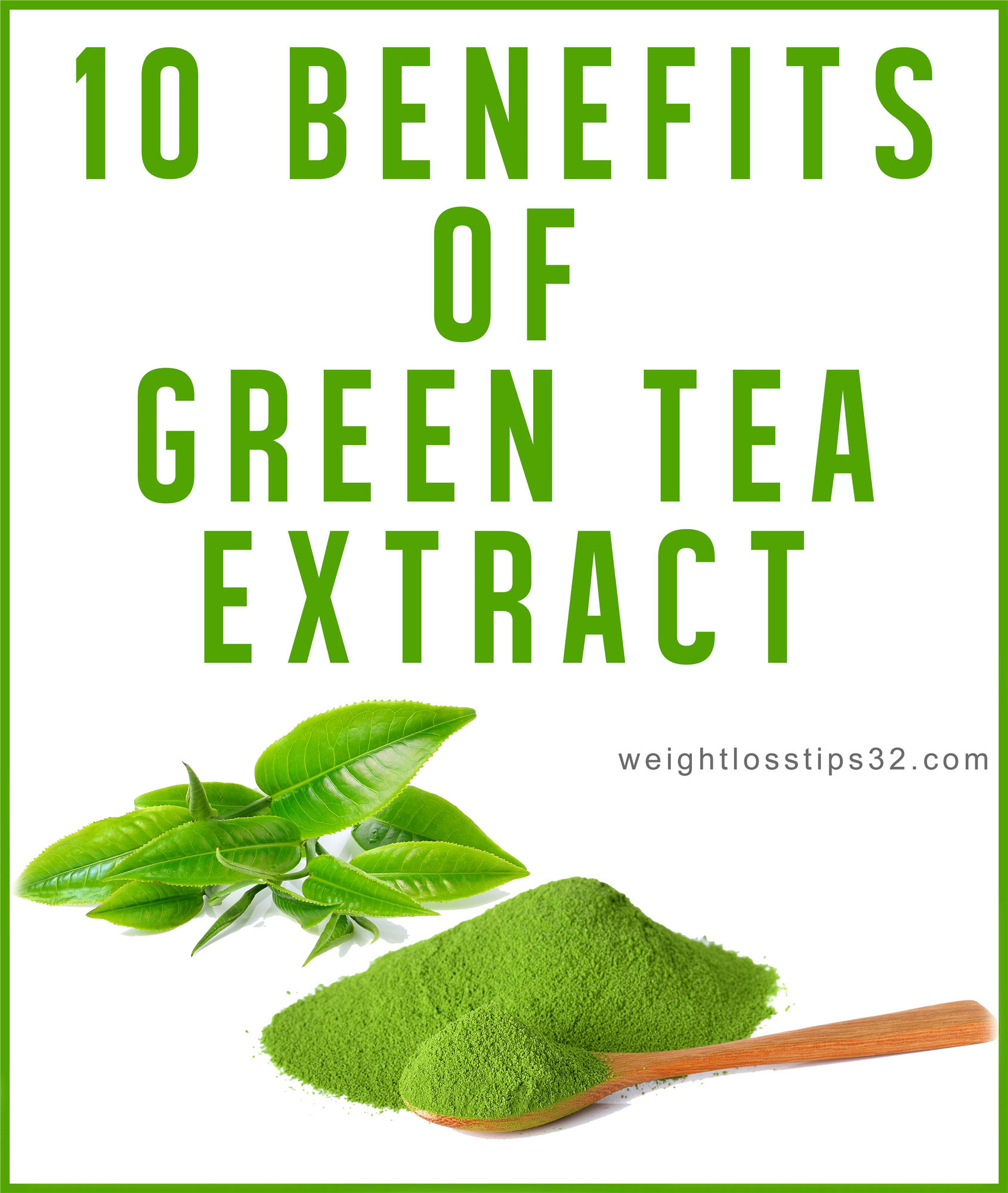Content Menu
● Understanding Green Tea and Its Composition
● The Extraction Process
● Caffeine Content in Green Tea Extract
● Comparing Caffeine Levels
● The Interplay of Caffeine and Other Compounds
● Potential Benefits of Green Tea Extract
● Considerations and Potential Side Effects
● Choosing and Using Green Tea Extract
● Conclusion
Green tea has been a popular beverage for centuries, renowned for its refreshing taste and potential health benefits. In recent years, green tea extract has gained significant attention as a dietary supplement, often marketed for its antioxidant properties and potential weight loss effects. However, a common question that arises is whether green tea extract contains caffeine. To answer this question and explore the topic in depth, we need to delve into the composition of green tea, the extraction process, and the various factors that influence caffeine content in green tea extract.
Understanding Green Tea and Its Composition
Green tea is derived from the leaves of the Camellia sinensis plant, the same plant used to produce other tea varieties such as black tea and oolong tea. The key difference lies in the processing method. Green tea leaves are minimally oxidized, which helps preserve their natural compounds, including caffeine and various beneficial polyphenols.
The composition of green tea is complex and includes a wide array of compounds:
1. Catechins: These are the primary polyphenols in green tea, with epigallocatechin gallate (EGCG) being the most abundant and well-studied.
2. Caffeine: Yes, green tea naturally contains caffeine, although typically in lower amounts compared to coffee or black tea.
3. L-theanine: An amino acid that is known for its relaxing effects and potential synergy with caffeine.
4. Vitamins and Minerals: Green tea contains various vitamins (such as vitamin C and B vitamins) and minerals (like potassium and manganese).
5. Other Compounds: Including flavonoids, chlorophyll, and volatile organic compounds that contribute to its aroma and flavor.

The Extraction Process
Green tea extract is created by concentrating the compounds found in green tea leaves. The extraction process typically involves the following steps:
1. Harvesting and Drying: Fresh green tea leaves are harvested and quickly dried to prevent oxidation.
2. Grinding: The dried leaves are ground into a fine powder.
3. Extraction: The powder is mixed with a solvent, often water or alcohol, to extract the desired compounds.
4. Concentration: The liquid extract is then concentrated by removing the solvent, often through evaporation or freeze-drying.
5. Standardization: Many manufacturers standardize their extracts to contain specific levels of certain compounds, particularly catechins like EGCG.
This process results in a concentrated form of green tea that retains many of the original compounds found in the leaves, including caffeine.

Caffeine Content in Green Tea Extract
To answer the central question: Yes, green tea extract typically does contain caffeine. However, the amount of caffeine can vary significantly based on several factors:
1. Extraction Method: Different extraction techniques can result in varying levels of caffeine in the final product.
2. Standardization: Some manufacturers may standardize their extracts to contain specific amounts of caffeine or may even produce decaffeinated versions.
3. Source of Green Tea: The caffeine content can vary depending on the specific variety of green tea used, as well as factors like growing conditions and harvesting time.
4. Concentration Ratio: The more concentrated the extract, the higher the potential caffeine content per unit of weight.
It's important to note that while green tea extract does contain caffeine, the amount is generally lower than what you'd find in a cup of brewed green tea of equivalent strength. This is because the extraction process often focuses on concentrating the catechins, particularly EGCG, which are considered the primary active compounds in green tea.

Comparing Caffeine Levels
To put the caffeine content of green tea extract into perspective, let's compare it with other common sources of caffeine:
1. Brewed Coffee: Generally contains the highest levels of caffeine among common beverages.
2. Black Tea: Usually has more caffeine than green tea but less than coffee.
3. Brewed Green Tea: Contains moderate amounts of caffeine, typically less than black tea.
4. Green Tea Extract: Caffeine content can vary widely but is often lower than an equivalent amount of brewed green tea.
5. Decaffeinated Green Tea Extract: Some products are specifically processed to remove most of the caffeine while retaining other beneficial compounds.
It's worth noting that the actual caffeine content can vary significantly between different brands and products, so it's always best to check the label or contact the manufacturer for specific information.

The Interplay of Caffeine and Other Compounds
While the presence of caffeine in green tea extract is noteworthy, it's equally important to consider how it interacts with other compounds in the extract. This interplay can influence the overall effects of green tea extract on the body:
1. L-theanine and Caffeine: The combination of L-theanine and caffeine in green tea extract is often credited with providing a more balanced, sustained energy boost compared to caffeine alone. L-theanine is known for its calming effects, which can help offset the potential jittery feelings associated with caffeine consumption.
2. Catechins and Caffeine: Some studies suggest that the catechins in green tea, particularly EGCG, may work synergistically with caffeine to enhance metabolic rate and fat oxidation. This interaction is one reason why green tea extract is often included in weight loss supplements.
3. Antioxidants and Caffeine: The high antioxidant content of green tea extract, combined with caffeine, may contribute to its potential health benefits, including improved brain function and increased fat burning.
Potential Benefits of Green Tea Extract
The combination of caffeine and other bioactive compounds in green tea extract has been associated with various potential health benefits:
1. Weight Management: Some studies suggest that green tea extract may help boost metabolism and increase fat burning, potentially aiding in weight loss efforts.
2. Cognitive Function: The combination of caffeine and L-theanine in green tea extract may help improve focus, alertness, and cognitive performance.
3. Antioxidant Properties: The high concentration of catechins, particularly EGCG, provides potent antioxidant effects that may help protect cells from damage caused by free radicals.
4. Heart Health: Some research indicates that regular consumption of green tea or its extract may help support cardiovascular health by improving cholesterol levels and reducing blood pressure.
5. Blood Sugar Regulation: Green tea extract may help improve insulin sensitivity and reduce blood sugar levels, which could be beneficial for individuals with or at risk of type 2 diabetes.
6. Liver Function: Some studies suggest that green tea extract may help support liver health and function.
7. Skin Health: The antioxidants in green tea extract may help protect the skin from UV damage and signs of aging when applied topically or consumed orally.
It's important to note that while these potential benefits are promising, more research is needed to fully understand the effects of green tea extract on human health. Additionally, individual responses may vary, and the benefits may depend on factors such as dosage, duration of use, and overall health status.

Considerations and Potential Side Effects
While green tea extract is generally considered safe for most people when used as directed, there are some considerations and potential side effects to be aware of:
1. Caffeine Sensitivity: Individuals who are sensitive to caffeine may experience side effects such as jitteriness, anxiety, or sleep disturbances.
2. Interactions with Medications: Green tea extract may interact with certain medications, including blood thinners and some antibiotics. It's important to consult with a healthcare provider before using green tea extract, especially if you're taking any medications.
3. Iron Absorption: The catechins in green tea extract may interfere with iron absorption. Individuals with iron deficiency anemia may need to be cautious about their intake.
4. Liver Concerns: In rare cases, high doses of green tea extract have been associated with liver problems. It's crucial to follow recommended dosages and discontinue use if any adverse effects occur.
5. Pregnancy and Breastfeeding: Pregnant and breastfeeding women should consult with their healthcare provider before using green tea extract due to its caffeine content.
6. Overuse: Consuming excessive amounts of green tea extract may lead to negative effects associated with high caffeine intake, such as headaches, irregular heartbeat, and sleep problems.
Choosing and Using Green Tea Extract
If you're considering using green tea extract, here are some tips to keep in mind:
1. Quality Matters: Choose products from reputable manufacturers that provide clear information about their extraction process and standardization.
2. Check the Label: Look for products that specify the amount of EGCG and caffeine per serving.
3. Start Slow: Begin with a lower dose to assess your tolerance, especially if you're sensitive to caffeine.
4. Timing: If you're using green tea extract for its potential weight loss or cognitive benefits, consider taking it before exercise or during times when you need to focus.
5. Consistency: For potential long-term benefits, consistent use over time may be more effective than sporadic high doses.
6. Whole Food Alternative: Remember that drinking brewed green tea can provide many of the same benefits as green tea extract, along with the enjoyment of a soothing beverage.

Conclusion
In conclusion, green tea extract does indeed contain caffeine, although the amount can vary depending on factors such as the extraction process and standardization. The presence of caffeine, along with other bioactive compounds like catechins and L-theanine, contributes to the potential health benefits associated with green tea extract. These benefits may include support for weight management, cognitive function, and overall health.
However, it's important to approach green tea extract use with an informed perspective. While it offers promising health potential, it's not a magic solution and should be considered as part of a balanced, healthy lifestyle. As with any supplement, it's wise to consult with a healthcare professional before incorporating green tea extract into your routine, especially if you have any pre-existing health conditions or are taking medications.
The journey of green tea from a traditional beverage to a popular dietary supplement showcases the ongoing interest in harnessing the power of natural compounds for health and wellness. As research continues, we may gain even more insights into the complex interplay of compounds in green tea extract and their effects on human health. Until then, whether you choose to enjoy a cup of brewed green tea or opt for green tea extract supplements, you're tapping into a rich tradition of plant-based wellness that spans centuries and continues to intrigue scientists and health enthusiasts alike.

































